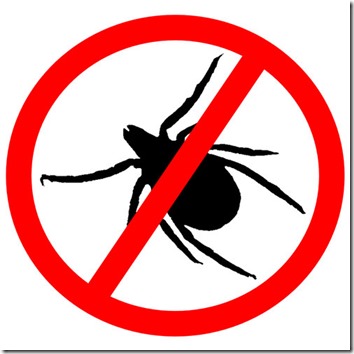 It was 1941 and Great Britain was in the midst of their engagement in World War II. Winston Churchill was the leader and was tasked with giving a speech to the House of Commons. Amongst other things he gave these words:
It was 1941 and Great Britain was in the midst of their engagement in World War II. Winston Churchill was the leader and was tasked with giving a speech to the House of Commons. Amongst other things he gave these words:
Nothing is more dangerous in wartime than to live in the temperamental atmosphere of a Gallup Poll, always feeling one’s pulse and taking one’s temperature. I see that a speaker at the week-end said that this was a time when leaders should keep their ears to the ground. All I can say is that the British nation will find it very hard to look up to leaders who are detected in that somewhat ungainly posture. (Churchill)
You cannot lead with your ear to the ground. You cannot lead if you’re constantly checking the pulse of people. But what pastor can’t at least somewhat identify with the megachurch pastor who informed Os Guinness that he was always “haunted” when he looked at his congregation because he realized “they are always only two weeks away from leaving for another church.” (Guinness, 71)
In his book, The Call, Guinness laments what he calls a “leadership co-dependent on followership”. His words are very much in line with the insights of Edwin Friedman in Failure of Nerve who spoke of the “fallacy of empathy. He said:
…a focus on being empathic towards others, rather than on being responsible for one’s own integrity, can actually lessen the odds for an organism’s survival by lowering the other’s pain thresholds, helping them to avoid challenge and compromising the mobilization of their “nerve”. (Friedman, 144)
I agree, in part, with the insights of Friedman. And I give Guiness a hearty “amen” when he calls us to be “inner-directed rather than other-directed” and to “truly make one audience decisive, the Audience of One”. (74) There is a type of leading which is actually harming because it’s own identity is centered upon the response of another. That will inevitably lead to harm of self and others.
What About John Maxwell?
But what do we do with the insights of John Maxwell? There must be some truth to the statement that “He that thinketh he leadeth, and hath no one following, is only taking a walk. If you’re all alone as a leader, are you really leading?” (source) Aren’t the insights of Maxwell, and those who make similar claims about leadership, pushing us into this co-dependent relationship which both Guinness and Friedman decry?
If Maxwell is absolute then there would have been times in which Jesus wasn’t leading but only taking a walk. Was he leading as he went to the Cross? Certainly, even if all his followers left Him, he was leading the charge and securing our redemption. Leadership can, and at times must, be lonely. Friedman and Guinness are correct on this point.
Where does 1 John 1:4 Fit?
Maxwell’s insights, then, cannot be absolute. But neither can those of Friedman. Otherwise, what do you do with 1 John 1:4?
And we are writing these things so that our[a] joy may be complete.
Some manuscripts do have “your” joy may be complete. And that makes more sense, doesn’t it? We wouldn’t be baffled much by a verse that said essentially, “I’m writing this so your joy in Jesus will be complete”. But the fact that it makes more sense means that it’s least likely. Scribes didn’t tweak a text to make it more obscure. So “our joy may be complete” is the preferred reading.
The Bible paints a picture of us as individuals—each a unique and special creation—but also as parts of a whole. No one person can accurately image God by themselves. Sola fide may be a thing but sola gaudium (joy) isn’t. Sure, the heart knows it’s own delight. But the fruit of the Spirit is always exercised and dependent upon community. This is why John says here that their (apostles) joy is tied up with their (audience) obedience to Christ.
The Difference Between Parasitic and Symbiotic Relationships
If my joy is tied up in your joy because of a parasitic relationship, then this is far from healthy. Consider the pastor which Guinness mentioned who was afraid that people in his congregation would soon leave. This is likely a parasitic type of relationship. This pastor has his own identity wrapped up into the congregation. In this way “their joy is his joy” in an incredibly unhealthy way. The sheep are ultimately there for him.
But there is a way in which Christ has united two different organisms into one body. That’s the nature of the church. This is a symbiotic relationship. In this way your joy is tied up with my joy. To deny this is to deny the vital companionship which Christ has purchased for us. And it is this type of symbiotic joy to which John speaks.
If I need the joy of another in a parasitic way then I am always going to be a danger to a local community. I need them in the wrong way. But if I believe I don’t need others for my joy to be complete (in a symbiotic way) then I’ve also missed the mark on Christian community. We need one another as a brain needs a heart and a heart needs a brain. We don’t need one another as a tick needs a host. This difference is subtle but vital.